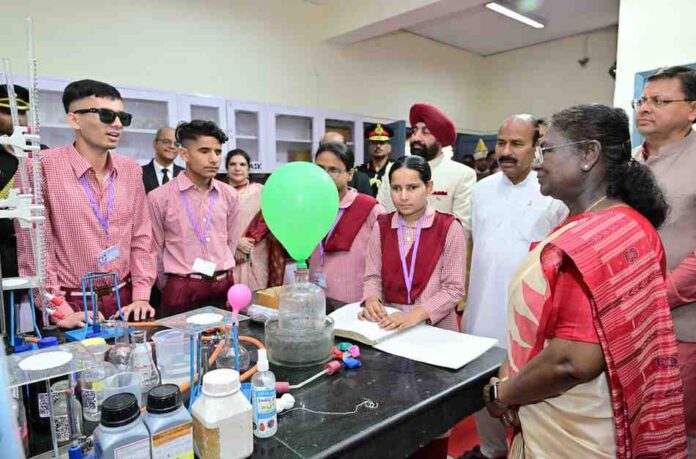
President’s Strong Advocacy for Tech-Enabled Inclusion
President Droupadi Murmu emphasized that advanced technologies empower persons with disabilities (Divyangjans) to fully contribute to mainstream society. Speaking during a recent interaction with students at the Pandit Deendayal Upadhyaya National Institute for Persons with Physical Disabilities in New Delhi, she spotlighted cutting-edge prosthesis and orthosis facilities. She noted that India’s deep-rooted cultural values of sensitivity and inclusivity demand that technology be leveraged to build equal opportunities rather than accentuate existing disparities.
Moving Beyond Sympathy to Genuine Empathy
At a later National Awards ceremony, President Murmu underscored the difference between sympathy and empathy. She called for a shift in mindset: society must offer Divyangjans respect, natural affection, and tailored support, rather than treating them with pity. She flagged ongoing efforts like Sugamya Bharat Abhiyan and the 2024 Paralympics, where India’s medal tally surged from one in 2012 to 29 in 2024, evidence of what inclusive, empathetic support can achieve.
Technology as a Catalyst for Educational Equity
President Murmu also praised the integration of technology into education for differently-abled students. She highlighted the conversion of NCERT textbooks into Indian Sign Language for Classes I–VI, helping hearing-impaired children gain accessible learning resources. This initiative, she noted, resonates with her belief that education, supported by technology, can be a powerful equalizer.
Tech for Health: Reaching Every Corner
Extending her vision into healthcare, President Murmu praised AIIMS Raipur’s use of AI-driven clinical decision support systems. Introduced to aid doctors in remote healthcare centers, these systems ensure prompt, informed diagnoses and quality care across India’s diverse geography. She urged medical professionals to balance empathy with expertise reinforcing technology’s role in delivering personalized, dignified care.
Ensuring Digital Inclusion in Public Infrastructure
At a forum for Supreme Audit Institutions, the President stressed the need for digital public infrastructure (DPI) to be inclusive. She pointed out barriers women and vulnerable groups face in accessing technology and digital services. She urged oversight bodies to ensure that DPI is designed and implemented without excluding those most in need.
Legal and Social Justice through Tech
Addressing legal professionals at NALSAR University, President Murmu urged the use of tech for social justice and professional growth. From AI tools aiding legal practitioners to platforms that democratize access to courts, she emphasized that technology can break barriers, if used with integrity, ethical values, and a commitment to fairness.
Research and Indigenous Solutions for Inclusive Tech
The President’s comments resonate with ongoing developments in Indian research, such as a MobileNetV2-based real-time sign language recognition system under development. This innovation, tailored for Indian Sign Language, exemplifies how localized tech solutions can dramatically improve communication and inclusion for the hearing-impaired.
Grassroots Praise and Public Resonance
Reddit discussions reflect genuine public appreciation. One user noted structural inequities in scheme design and demanded user-focused improvements to reach vulnerable communities. This echoes Murmu’s calls for accessible design and targeted outreach in public programs.
Conclusion: A More Inclusive India Through Innovation
President Murmu envisions a nation where advanced technology is a bridge, not a divider opening doors for Divyangjans in education, healthcare, legal systems, and the workplace. Her message resonates across policy, academia, civil society, and technology development circles: when empathy meets innovation, true inclusion becomes possible. As India embraces accessible tech, the contribution of Divyangjans moves from peripheral to pivotal powering a more equitable, dynamic society.

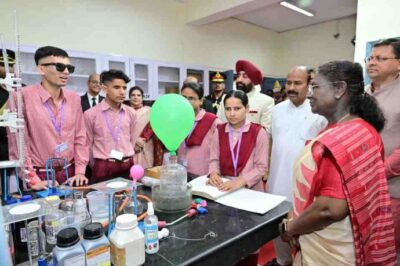



























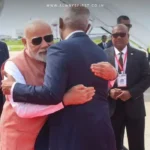


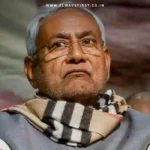

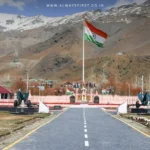





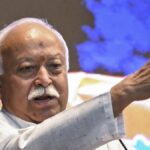
Leave a Reply